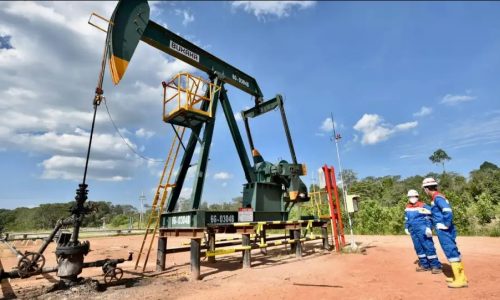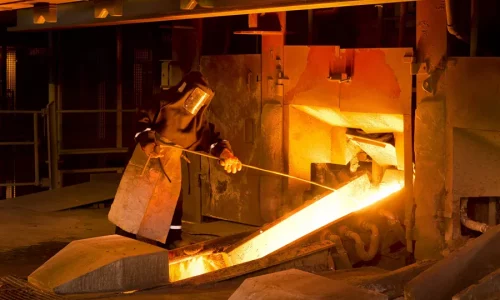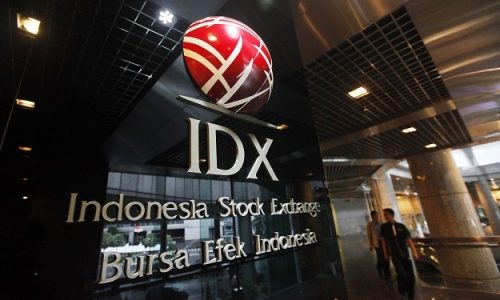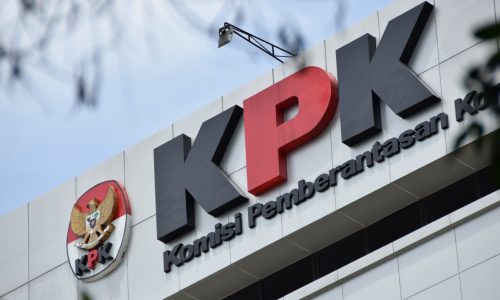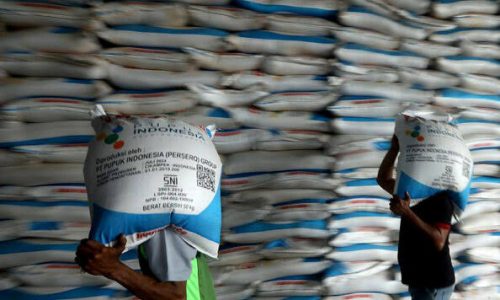The Coordinating Ministry for Economic Affairs is targeting the completion of the Indonesia-European Union Comprehensive Economic Partnership Agreement (IEU-CEPA) by July 2024, with final negotiations being expected to take place in Indonesia during the 19th round of talks on July 1-5.
Edi Prio Pambudi, Deputy for International Economic Cooperation at the Ministry, reported that the 18th round of negotiations that was held in Brussels, Belgium, on May 13-17 ended in a deadlock. However, 11 out of the 21 chapters of the agreement have been settled.
“The issue in the IEU-CEPA negotiations is not with us but with them. They are using their self-made standards, while we are adhering to established standards,” Edi said on Thursday, May 30, 2024.
During the 18th round of talks, 10 chapters were discussed, with three chapters remaining unresolved: Rules of Origin, Energy and Raw Material, and Trade & Sustainable Development.
Edi pointed out elements of discrimination in the last negotiations, particularly regarding the trade of crude palm oil (CPO). The EU demands that domestic CPO production comply with newly established EU standards.
“In negotiations, some things cannot be bypassed. If they are, we will seek other partners,” Edi added.
Despite these challenges, Edi remains optimistic about the 19th round of negotiations due to the substantial benefits of the IEU-CEPA for Indonesia.
The agreement is projected to boost Indonesia’s real economic growth by 0.19 percent and increase state revenue by up to US$2.8 billion. Exports to European countries could rise by 57.76 percent.
To expedite the process, Edi has shifted negotiation strategies from a vertical to a horizontal approach, involving private sector engagement. The Indonesian Chamber of Commerce and Industry (Kadin) and its European counterpart have been urged to advocate for the agreement.
“We are leveraging the private sector to emphasize the importance of the IEU-CEPA, preventing potential political issues within the EU from delaying the process,” Edi said.
Additionally, Edi is directly engaging with smaller EU member states like Latvia, Slovakia, and Lithuania to explain that the delay in negotiations is due to EU arrogance.
Several countries, including Malaysia and Australia, are awaiting the outcome of the IEU-CEPA before proceeding with their own agreements with the EU. The IEU-CEPA negotiations have been ongoing for eight years.
“If the EU is serious, the pressures they place on Indonesia through nickel and palm oil commodities should be resolved in the next round of negotiations,” Edi concluded.



